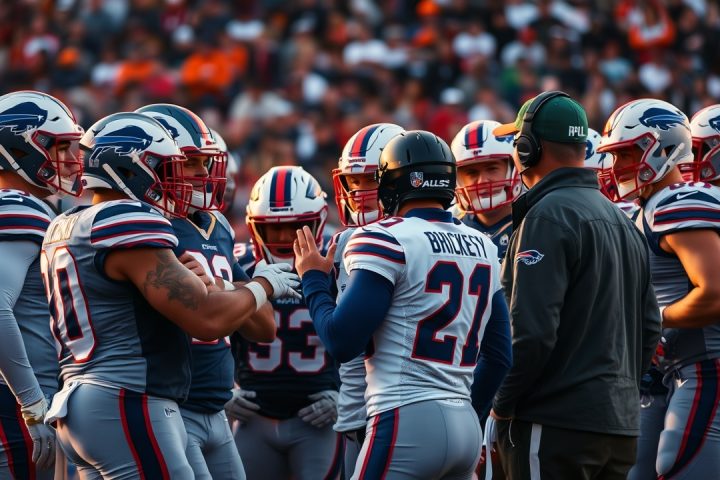Russell Martin’s New Challenge at Rangers
Russell Martin stands at a challenging crossroads as he embarks on his tenure as the manager of Rangers Football Club. Firstly, he is not Steven Gerrard, and he opts for white-soled trainers over the traditional brown shoes usually favored by Rangers’ coaches. This difference has already drawn the ire of some supporters, who yearn for the return of Gerrard, and highlights the pressure and expectations that come with managing one of the most storied clubs in football, particularly in the heated rivalry with Celtic.
High Stakes and Expectations
Martin has taken on the task of leading Rangers amid a demanding backdrop where success is non-negotiable, especially given Celtic’s dominance, having claimed 13 of the past 14 Scottish league titles. The stakes are stark: defeats and disappointing performances can provoke a swift backlash from both fans and media. Results are what truly defines a manager’s fate at a club of this stature, and Martin’s rocky start has already raised questions about his suitability for the role.
At his unveiling, Martin faced criticism not just for his choice of footwear but also for not adhering to the traditional dress code that former managers have followed. It seemed that supporters, embittered by the club’s poor form—which sees them entering an early clash with Celtic without a league win for the season—were eager to voice discontent over even minor issues.
Reflecting on these sentiments, David Edgar, a host of the “Heart & Hand” podcast, shed light on the gravity of fan perceptions regarding dress norms, especially when results are faltering. Without a league win following three consecutive draws and a humiliating exit from UEFA Champions League qualifying, Martin finds himself in a precarious situation ahead of a crucial match against Celtic.
Questioning Squad Mentality
In just under three months since his appointment, Martin has openly questioned his squad’s mentality, stating they seem trapped in a cycle of ego and self-preservation, which impedes their performance on the pitch. This public criticism adds another layer of complexity to his already difficult task. For instance, his comments following a 1-1 draw against St Mirren described a lack of commitment from a substitute, implying a deeper issue of preparedness within the team.
The Unforgiving Landscape at Rangers
The landscape at Rangers is ruthlessly unforgiving. Gerrard remains the last manager to secure a league title for the club in 2021, and since his departure for Aston Villa, six different coaches have passed through Ibrox, with few surviving more than a year. In stark contrast, Celtic—under just two managers during this period—have flourished, winning several domestic trophies including four league championships.
Financially, Rangers are also at a disadvantage compared to Celtic, which benefits from consistent Champions League participation. While Rangers reported a substantial revenue from match receipts, their overall earnings pale compared to Celtic. This disparity in financial stability places additional pressure on management to achieve immediate success. Compounding the pressure is the recent acquisition of the club by a consortium led by 49ers Enterprises, which only raises expectations for rapid improvement in performance.
Pressure and Expectations
Observers like Kris Boyd have noted the acute pressure Martin faces, underscoring how results dictate the narrative surrounding a manager’s longevity. The historical context of managerial instability at Rangers feeds into a cycle where immediate success is expected. Boyd commented that the fans demand victories regardless of circumstances.
As Martin approaches a pivotal clash against Celtic, his position hangs precariously in the balance. Should the team falter once more, the already simmering discontent among fans can escalate beyond mere criticism of style choices. If the result is poor enough, it could force substantial changes, underscoring the high stakes of his role at Rangers. Whether or not he can transform the situation remains to be seen, but history shows that rapid changes might reflect poorly on new ownership and might not be the solution to the obstacles facing the club today.




